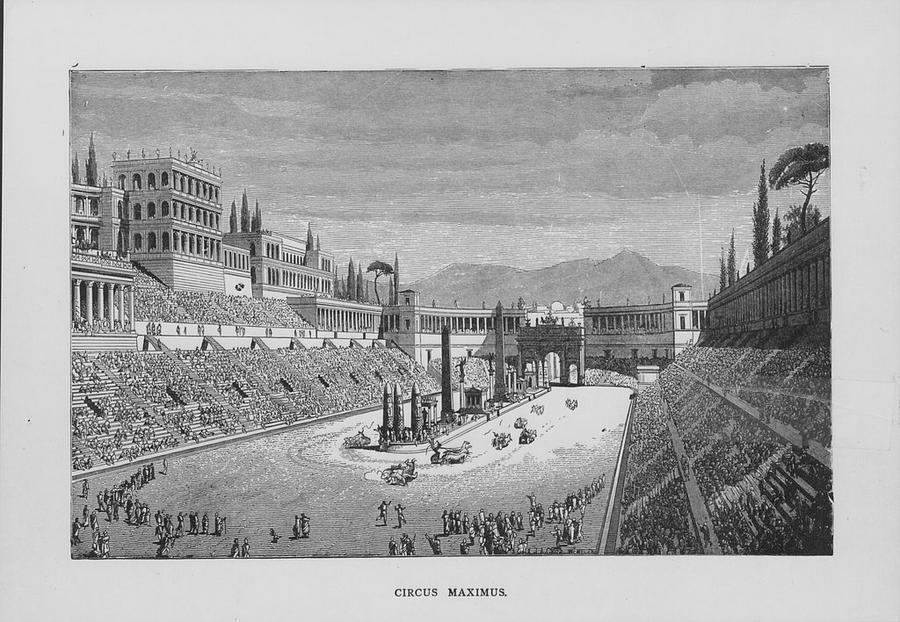We've seen some wild contracts being handed out this year. Shohei Ohtani received a $700 million deal from the Los Angeles Dodgers. That contract contains the most guaranteed money in sports history. About a week later, the Dodgers also signed star Japanese pitcher Yoshinobu Yamamoto to a $325 million contract, the largest ever for a starting pitcher. This summer, Jaylen Brown became the first NBA player to sign a deal north of $300 million, inking a five-year, $304 million extension with the Boston Celtics. In the NFL, quarterbacks Joe Burrow, Justin Herbert, Lamar Jackson, and Jalen Hurts all signed extensions with their respective teams, with the deals ranging from $255 million to $275 million.
Yet even with all those massive salaries being thrown around, one athlete has earned more than any other — and it's not even close.
Gaius Appuleius Diocles was a chariot racer born in 104 AD who grew up in Lusitania, a Roman province that's now a part of Portugal. He most frequently raced four-horse chariots and had a fan-favorite signature move where he'd come from behind and pull ahead in the final seconds. That move — and all the subsequent victories it led to — made him incredibly wealthy.

Frederic Lewis/Archive Photos/Getty Images
Throughout his career, Diocles won a reported 35,863,120 sesterces. Converted to dollars and adjusted for inflation, his career winnings would equal about $15 billion. To put that number in a bit of perspective, Michael Jordan, the wealthiest modern-day athlete, has made around $3.3 billion. That's nearly five times less than what Diocles earned.
Chariot racing was an extremely dangerous sport, but Dicoles had an impressively long career. He raced for more than half of his life, appearing in 4,257 four-horse races over 24 years. He won 1,462 of those races and placed in 1,438 others, most commonly in second place. He broke numerous records and raced for three of the four main chariot racing factiones (i.e., teams) of the time.
Diocles was quite popular in his racing days, as well. He raced in Rome's Circus Maximus, a stadium that could hold up to 150,000 people, and he had multiple monuments erected in his honor. Perhaps in an ironic twist, Dicoles didn't have a fatal accident while performing in dangerous races, though he's believed to have died in 146 AD, shortly after retiring.
Thanks to ballooning contracts and thoughtfully negotiated endorsement deals, we may see more billionaire athletes over the years. They all still have a long way to go to catch up to Diocles at the very top.










 Bengali (BD) ·
Bengali (BD) ·  English (US) ·
English (US) ·